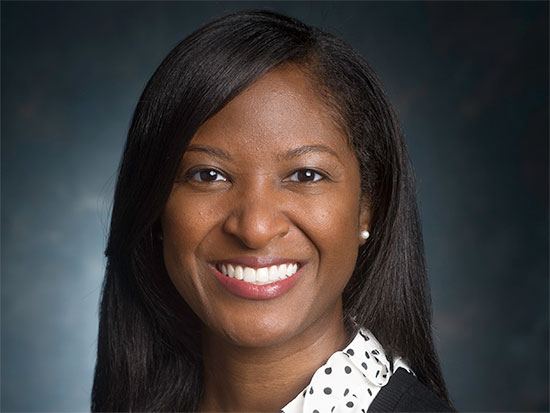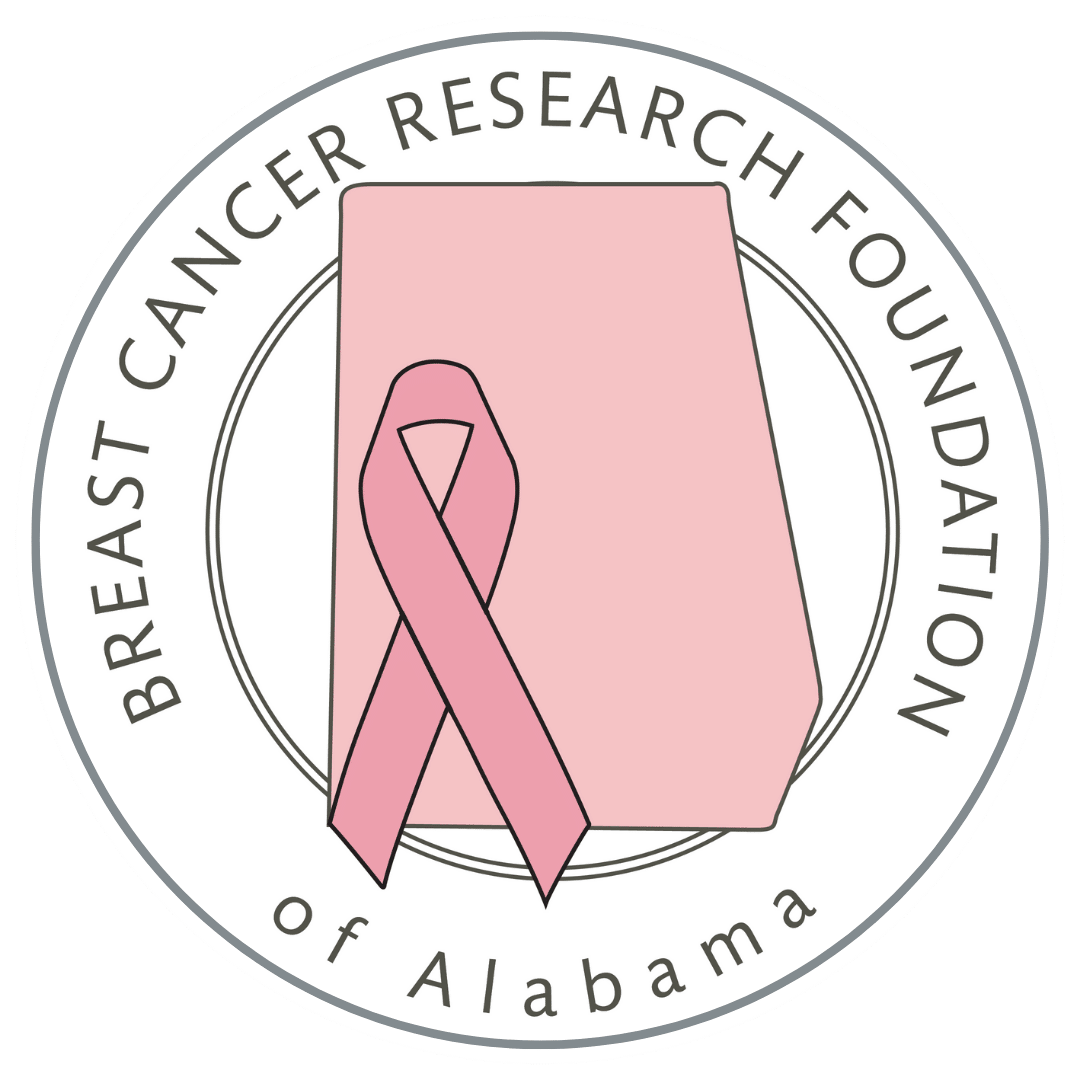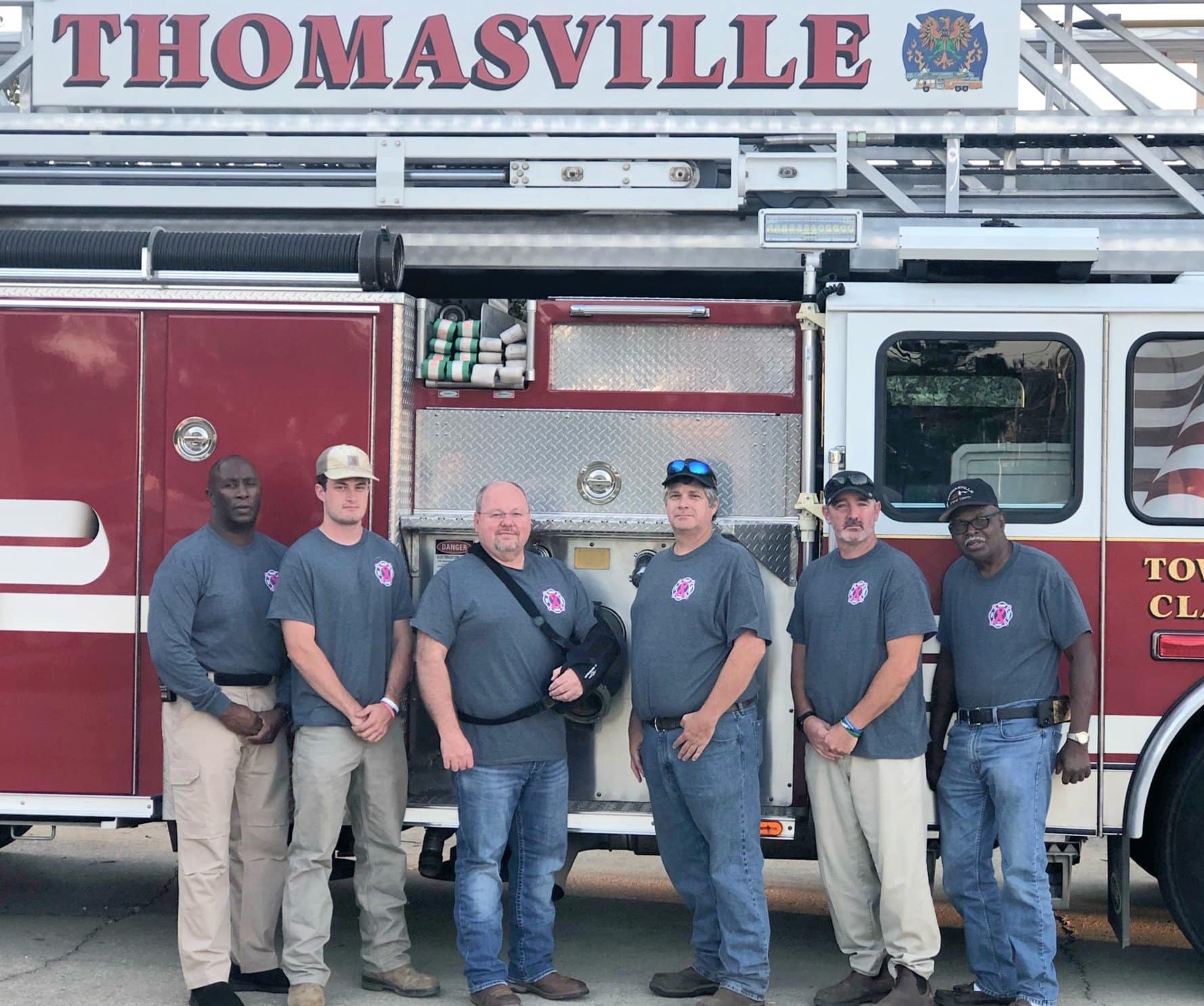25 For Research: Dr. Erica Stringer-Reasor
June 18, 2021
Dr. Erica Stringer-Reasor didn’t start her career with hopes of becoming a researcher and oncologist. In college at Auburn University, she thought she wanted to be a surgeon.
At Auburn, Stringer-Reasor connected with a senior student-mentor named Regan, who encouraged Erica to join multiple summer science programs and eventually attend the University of South Alabama for medical school. When Stringer-Reasor hadn’t heard from her in a while, she assumed that Reagan had just been studying hard.
 When she arrived at medical school orientation, however, she discovered that Regan had been experiencing severe abdominal pain and bloating. After getting tested multiple times, Regan was finally told she had a large mass on her colon, with cancer that had spread: it was stage four colon cancer.
When she arrived at medical school orientation, however, she discovered that Regan had been experiencing severe abdominal pain and bloating. After getting tested multiple times, Regan was finally told she had a large mass on her colon, with cancer that had spread: it was stage four colon cancer.
“I watched my friend bravely undergo her treatments,” said Stringer-Reasor. “She was able to make it to her last year of medical school. Just four months shy of graduating.”
After Regan passed, Erica began to question why her friend had been taken so young to cancer.
“She had no family history of cancer. Why did my sweet friend get this diagnosis? And what can we do to prevent other patients from potentially being touched by these types of cancers?”
That’s when Dr. Stringer-Reasor began seriously considering drug therapy, cancer prevention, and studying quality of life during cancer as a career. Shortly after, she pivoted her medical school path to oncology.
Today, she serves a dual role as the Breast Cancer Director of UAB: as a doctor seeing breast cancer patients in clinic, as well as a researcher studying new developments in breast cancer therapies. She says that when deciding on breast cancer as her main focus area, she chose based on her desire to improve women’s health and impact drug discovery.
“The data is correct: 1 in 8 women will be diagnosed with breast cancer in their lifetimes,” said Dr. Stringer-Reasor. “If you walk beyond the walls of this hospital, at your churches, jobs, and family gatherings – we all know at least one friend or family member that’s been diagnosed with breast cancer. You can’t say that about other types of cancers.”
As her career has progressed, her enthusiasm and satisfaction with new breakthroughs in research have grown as well.
“I’m really excited about personalizing – tailoring – medications for every individual,” said Dr. Stringer-Reasor. “These medications can be very effective, and have less side effects than typical chemotherapy.”
Stringer-Reasor goes on to describe the enormous amount of work which has gone into developing medications to treat HER2-positive breast cancer, an aggressive form of breast cancer which can sometimes be hard to treat. Recent progress in breast cancer research has greatly shaped the experience that patients have had when undergoing treatment for this type of cancer – especially in the last year.
Reflecting on the impact of research, she continues: “Over the last 10 years, getting diagnosed with breast cancer is not a death sentence. Breast cancer can be caught early, and we have great screening techniques, whether it’s mammograms or MRIs, which helps to detect tumors early. Treatment goals are often curative; our patients can have good, long lives.”
In partnership with the BCRFA, Dr. Stringer-Reasor has had the opportunity to conduct research in a wide variety of areas. In 2021 alone, her projects include research on immune cells at tumor sites, tumor organoids in personalized medicine, evaluating cancer genetics in minority women populations, and understanding research participation barriers in Alabama (specifically within Black communities). Additionally, she is continuing work on a previous pre-clinical project funded by the BCRFA in collaboration with Dr. Eddy Yang, which has now been translated into a multi-site clinical trial with the Translational Breast Cancer Research Consortium (TBCRC) evaluating HER2+ resistant breast cancer (ClinicalTrials.gov Identifier: NCT03368729).
“As someone who didn’t train at UAB, the BCRFA gave me a platform to start having seed money to collaborate with basic scientists within UAB, and even go beyond these walls at UAB and collaborate with local universities like Auburn University, my undergraduate alma mater.”
“The BCRFA has really helped to fund some exciting research,” said Dr. Stringer-Reasor. “It’s a true testament of how you can give seed money to generate pre-clinical data needed to move projects forward to provide groundbreaking clinical trials to our patients.”
Have a story to share about breast cancer research? Visit our 25 for Research portal to share your story or nominate someone today.




